Living in Arizona, the idea of walking around during a hot summer’s day to take photos is not what I’d call enjoyable. Between the heat, the insanely harsh light and the heat again, it is hard to find any inspiration to shoot. On the opposite side of the coin, the nights in this desert are beautiful. With little city light to overwhelm the sky you can see what civilizations saw before us, the night.
For so long, I would walk around after the sun went down wanting to photograph the world I saw. However, the casual walk and shoot was impossible, for high ISO’s were an abstract painting at best and even the fastest prime lens would barely let you handhold a sharp image. Enter the Nikon D3.

By all outward appearances, this camera was like most other pro camera bodies, built strong and incredibly comfortable to use. Heavy? Maybe. However, it is a weight that I have become accustomed to and prefer (it’s still a feather compared to medium format bodies). Aesthetics aside, this camera had a monster inside.
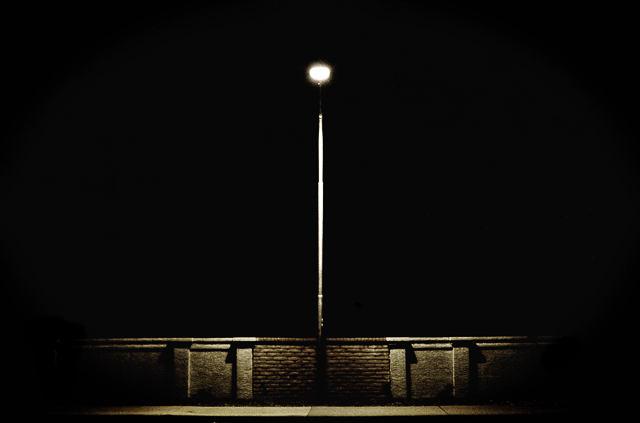
A sensor that put quality of the pixel above quantity of pixels. I bought the camera as a complete skeptic, wanting to shoot with it a bit so that I could educatedly say that it was not up to par with all the other high megapixel cameras. This was not the case. I quickly found the Nikon D3 files were so clear that upresing them to match other camera’s chips left them just as clean, if not better. Pixel structure was film like and turning the ISO dial was no longer dangerous, it was encouraged.
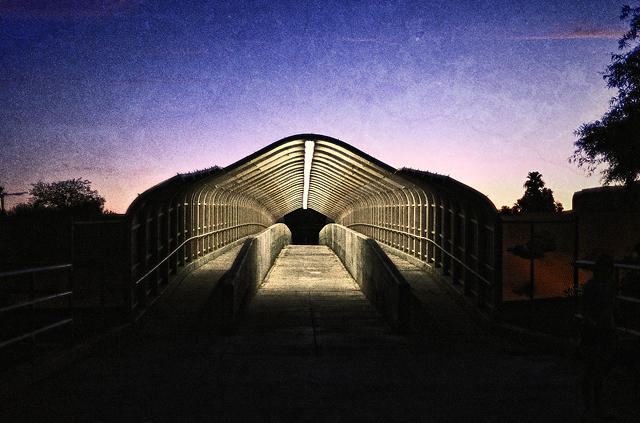
For too long, history was made at night and documented once the sun rose. Only now in our existence we are starting to find the reality that light had hidden for so long. The idea of ISO’s above 800 was obscure and only used when all other options were exhausted. If you want an example of this just look back at Olympic photography. Our technological achievements in photography become very evident as they now grace every sports magazine or website.
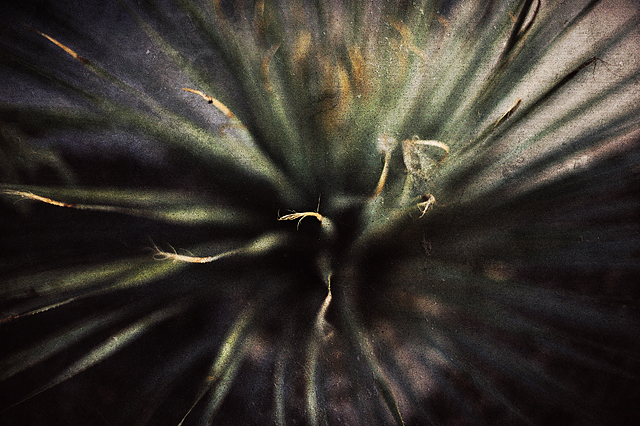
However, for me, the D3 has an extra significance to my career. It is the camera that got me through the time when work had left. This is an area that no photographer wants to talk about. It is our job to always sound busy, and we fear that not being busy is not being relevant. You as my readers and friends deserve honesty, so…
From January 2009 to January 25th, 2010 I didn’t work. The phone didn’t ring, the emails didn’t show up in my inbox, the economy had collapsed. I was getting emails from some of my best friends in the industry that were clients, telling me that they had been let go and wondering if I had connections to get them a new job. It was the first time that I had to question the notion of being a professional photographer. While I have always said that I chose my college degrees (business and sociology) to be a backup in case the photography thing didn’t work out, when I got to the reality, I didn’t want to do anything else. Every day I would wake up early (5am) just in case I had a new client on the east coast that called early, I wanted to be alert. All for nothing.
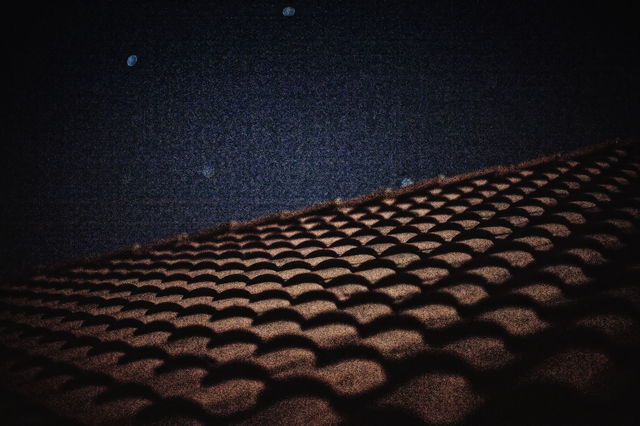
At first it was a vacation, then it turned into boredom, then desperation and finally acceptance. Acceptance that this dream was over. All the while I wasn’t shooting, not for work, not for practice, not for fun. One day, my wife came to me and said, “let’s take the dog for a walk… and why don’t you bring your camera.” When I questioned the idea, she told me that before photography was a job, it was my passion, and just because the job part doesn’t exist, doesn’t mean that the passion shouldn’t.
I picked up the Nikon D3 and went for a walk around the neighborhood with her and our dog.
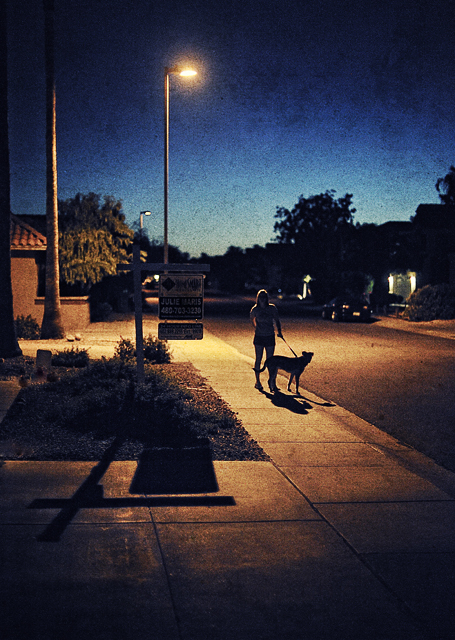
For all I knew, there would never be another client, and this art would be retired to a hobby. What struck me the most is that when the walk was done I didn’t care that the job aspect was gone, I just wanted to take pictures. So once the sun had set, I would walk around the neighborhood photographing everything from light poles to plants with the Nikon D3. It was the camera that let us photograph the darkness, and it was the camera that helped me escape it.
…
I wanted to write this for photographers, many in this situation and many that will someday face it. I want you to know that when the calls stop, don’t be disheartened. Your images are still strong. When you get to a point that you feel scorned by the industry, do not despair. Your images are still strong. Photography is not over the day the work ceases to exist, it is over the day you lose the passion. Find what inspires you to shoot, and photography will live on.

BB, “she told me that before photography was a job, it was my passion, and just because the job part doesn’t exist, doesn’t mean that the passion shouldn’t.” This is the best inspirational quote I have come across lately.
Keep going, and shooting.
[…] question (at least in part) took many years (until 2006 more specifically) and arrived with the Nikon D3. While it wasn’t the highest resolution 35mm DSLR on the market (the Canon 1DsMk3 had 21MP) it […]
[…] question (at least in part) took many years (until 2006 more specifically) and arrived with the Nikon D3. While it wasn’t the highest resolution 35mm DSLR on the market (the Canon 1DsMk3 had 21MP) it […]
[…] called the camera store, for I actually didn’t own a camera at the time, having sold my Nikon D3 in the preceding […]